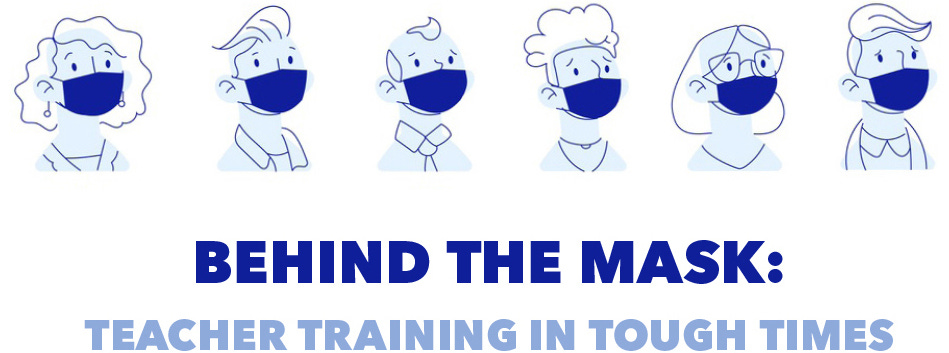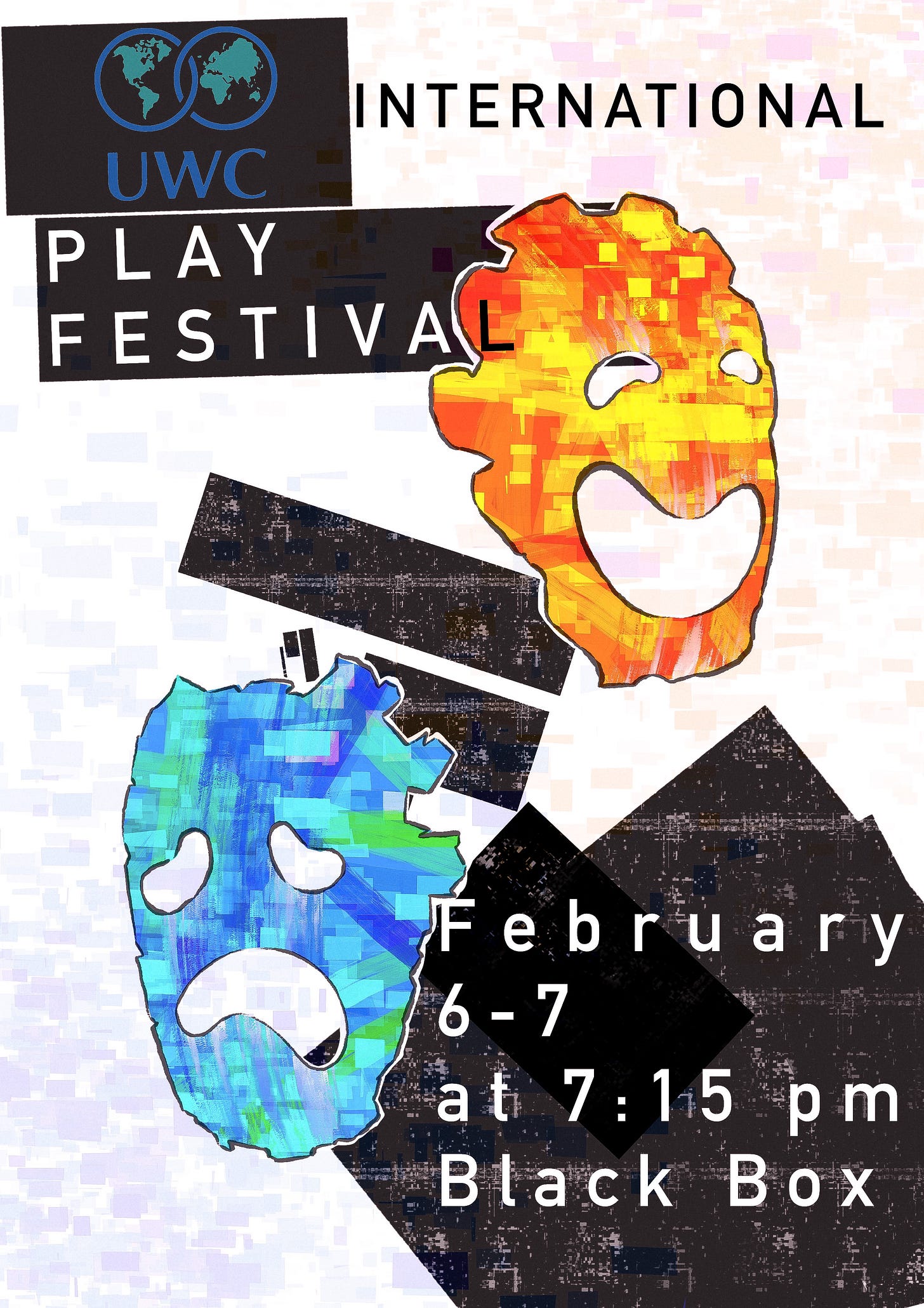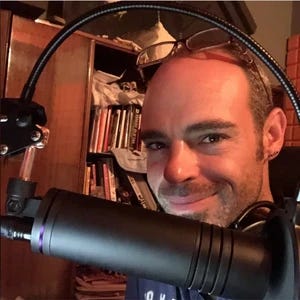Virtual Realities: When IB Theatre Evolved in Isolation
“Be alone—that is the secret of invention: be alone, that is when ideas are born”
The qoute above is attributed to Nikola Tesla, and I wonder what ideas he would have given birth to in my International Baccalaureate Theatre class after entering the latest Hollywood disaster flick starring all of humanity.
Before COVID-19, my time as the IB Theatre Teacher at UWC Dilijan College was marked by some wonderful accomplishments: The number of students enrolled in the course doubled to nearly 40 from 2017 to 2020, the inaugural UWC International Ten-Minute Play Festival took place (https://www.uwc.org/news/?pid=22&nid=7&storyid=5499), I began a tradition of fundraising V-Day theatre performances in a rather remote part of the world, the school premiered theatre pieces memorializing the Armenian genocide (one written about here- https://asbarez.com/179690/a-journey-of-angels-staged-at-uwc-dilijan/), and there emerged a consistent track record for IB Theatre results being above the international average.
When March 2020 arrived, we were thrown into the coronavirus cauldron and adapted.
For starters, I wasn’t allowed on campus as I’d been living off-campus since my contract started, and strict measures were put in place to keep the campus’ occupants safe.
Next, all but ten students flew home to the four corners of the Earth.
Eventually, IB exams were canceled, but my students were still on the hook for their projects. On tap at that particular time was the first-year students’ World Theatre Research Presentation (RP) and the second-years’ Solo (S), both of which had to be filmed in one take, unedited, and the latter required an audience for a Q&A session. Under normal circumstances, our Black Box, school camera, and community provided everything we needed, but the new normal was virtual, and there were, naturally, many anxieties bubbling simultaneously.
The first order of business was coordinating time zones so I could collectively calm students’ nerves, while, at the same time, arranging with other subject teachers to minimize any overlaps.
Meeting four days a week was whittled down to one for all my classes, my rationale being that if I could accomplish all necessary guidance in one session then they could use their time to work or, better yet, relax a little and experience some boredom:
“...because that’s the time in which creativity and imagination develop” (Manage screen 2020).
It was either too early or too late for the American and the Australian no matter what I tried, so we had to alternate having extra catch-up classes. Some students had unscheduled power outages, so we also made up those meetings.
There was also a compulsory document to complete for all my students, the Theatre Course Authentication Form, which is interview-based and charts one’s gradual progress over the life of a given project. Translation: More time in front of the screens, but, still, less time together.
The DP2s had been hard at work for a few months on researching a theatre theorist, practically investigating aspects of their theory, sharing their writing and performance ideas with me, and settling their work in the Black Box. For them, the challenge would be letting go... of the lights and sounds, their planned choreography, their comfortable, known space, and the energy a full house provides. However, in some cases, they had to let go of the idea entirely, and, working in isolation and spurred on by limited resources and space, they discovered something much more profound and substantive. It was necessary to essentialize the main thrust of their idea and to newly explore the concept of virtual performative space.
Working out the logistics of viewing their work was a little tricky, but, again, the focus of the audience was shifted to a small window that was fully occupied by a complex idea rather than a, perhaps, dressed-up sketch of a thought.
In one particularly exceptional instance, a student who had previously struggled in school pre-pandemic was living in a hostel. That live Q&A session with teachers (again, owing to atypical circumstances) proved to be the most telling session out of all because there was a level of insight into the layers of his work- layers he was mindful of- that confirmed he was something of a master storyteller and a most adaptive performer and director.
The DP1s, however, had to learn an entire unit from zero as the last part of the school year was already planned for their RP. Still, I was confident that through a pragmatic and practical approach, I would be able to get them where they needed to be.
My guiding principle was they needed to take on a much greater level of responsibility for their own learning and deadlines than had things remained business as usual. It’s worth mentioning that everyone knew I wouldn’t be their teacher come the fall, and so this was something of a test of how well I prepared them before this move to remote learning. Some of the students definitely struggled, and I did my best to accommodate their particular sense of “feeling lost and cut off.” Some, I think, really needed to be back at school with their world and comfort zone restored, but that wasn’t an option, and so we pressed on. In the final presentations, their overall inventiveness caught my attention, and, like some of the DP2s, they exploited their limitations and solved many problems creatively.
In their final interviews, they consistently remarked how satisfied and thankful they were for this learning journey.
One must always be keenly interested in one’s environment and how it can provide everything one needs, and perhaps it really is best to be left to one’s own devices in an uncomfortable space for, as Peter Brook wrote, “A man walks across an empty space whilst someone else is watching him, and this is all that is needed for an act of theatre to be engaged” (Brook, 1969).
I would tell any IB Theatre teacher to do two things these days:
keep your students calm and leave those kids alone.
Jason Lasky is a published playwright, lauded theatre director, and 14-year international teaching veteran who holds an MEd in IB Education and an MFA in Writing for Stage and Screen. He is the co-Artistic Director of J.Lasky Productions, a grant-winning international theatre company, and the founder of J.Lasky Voices, his voiceover production studio.
He currently resides in Dilijan, Armenia with his family.
Jason can be contacted on Twitter, LinkedIn or via his website. A sample of his voice work is here.
Jasonlasky.com
JLaskyVoices.com
References
Brook, P. (1969). The empty space. New York, Atheneum.
Manage screen time in the age of online learning 2020, Oxford Learning, viewed 2 May 2021, .







